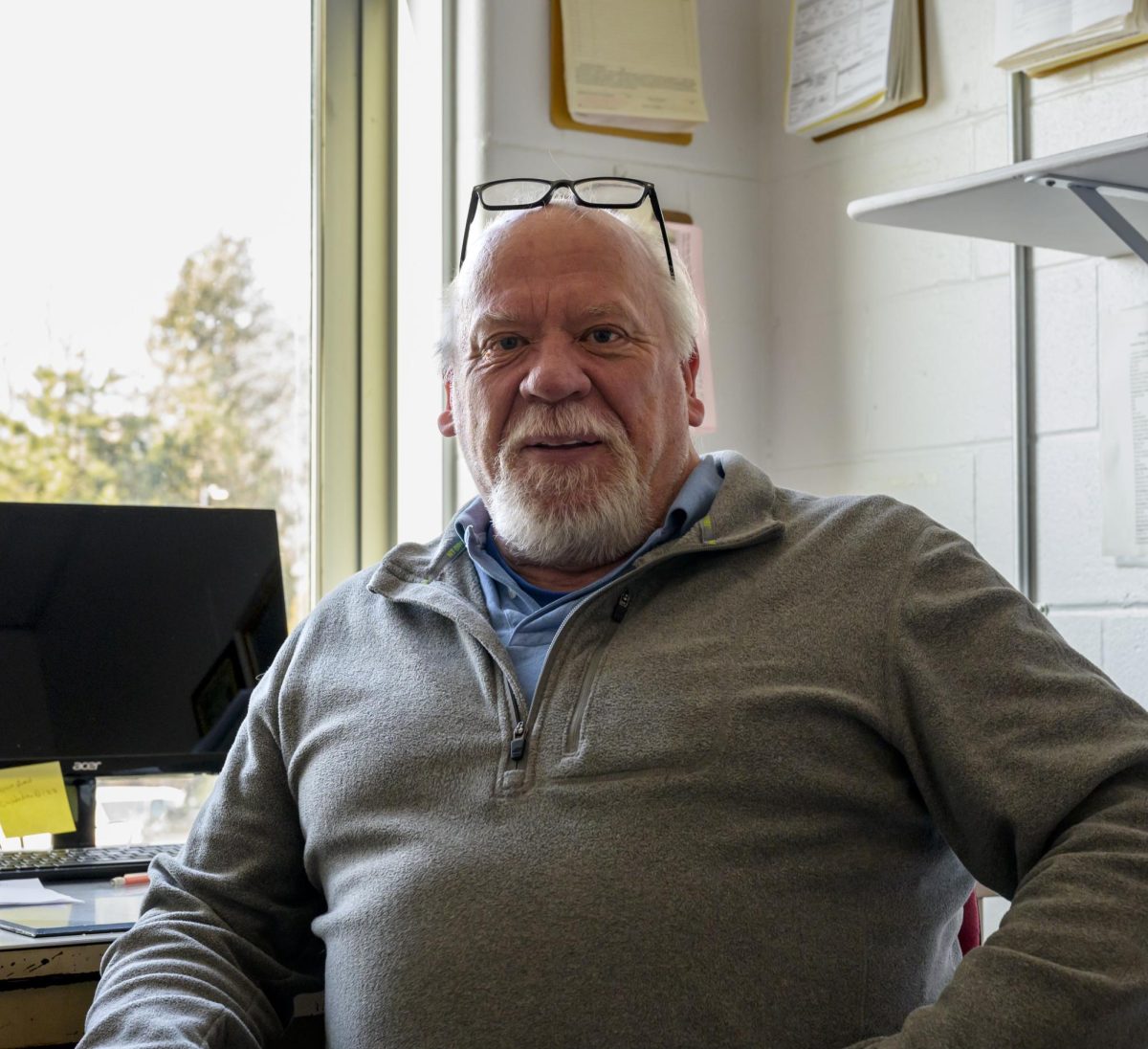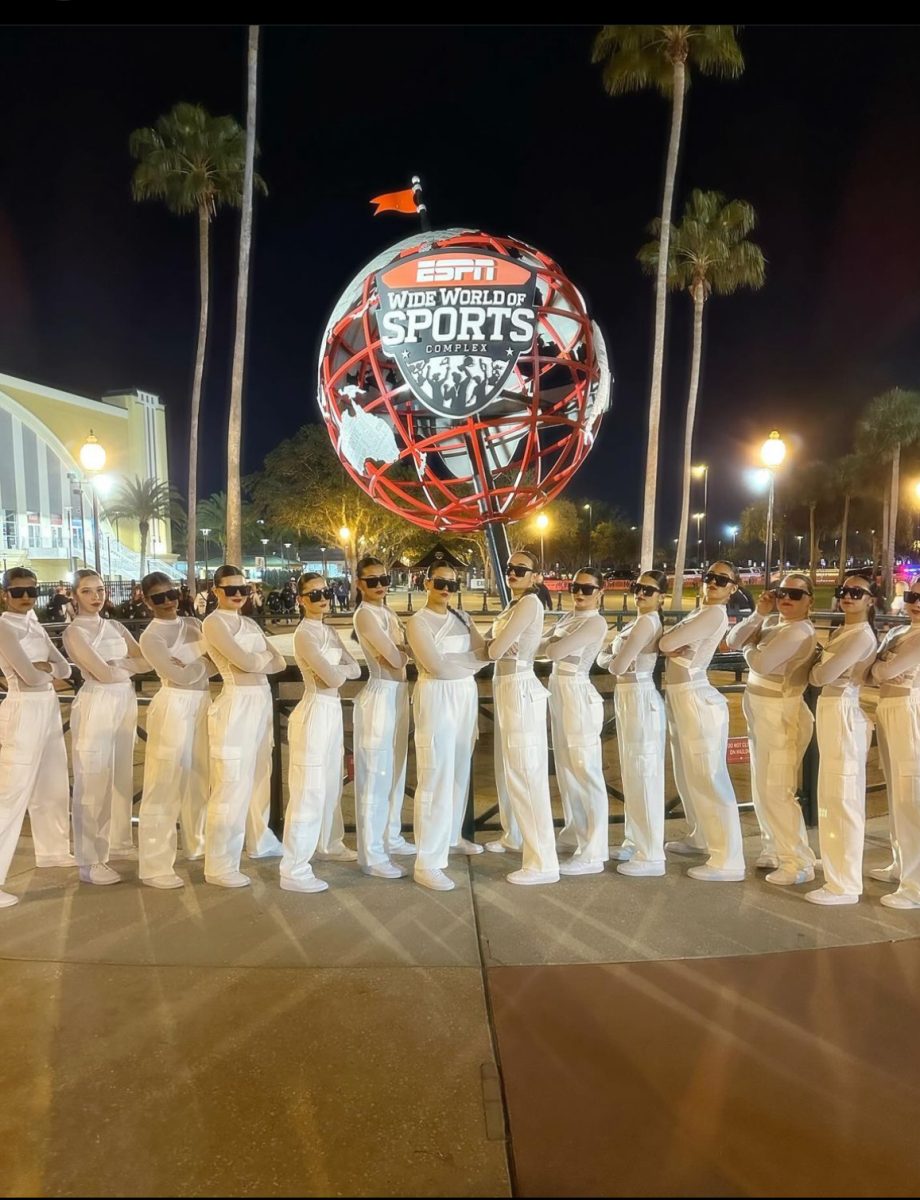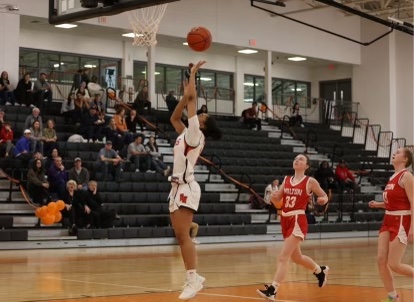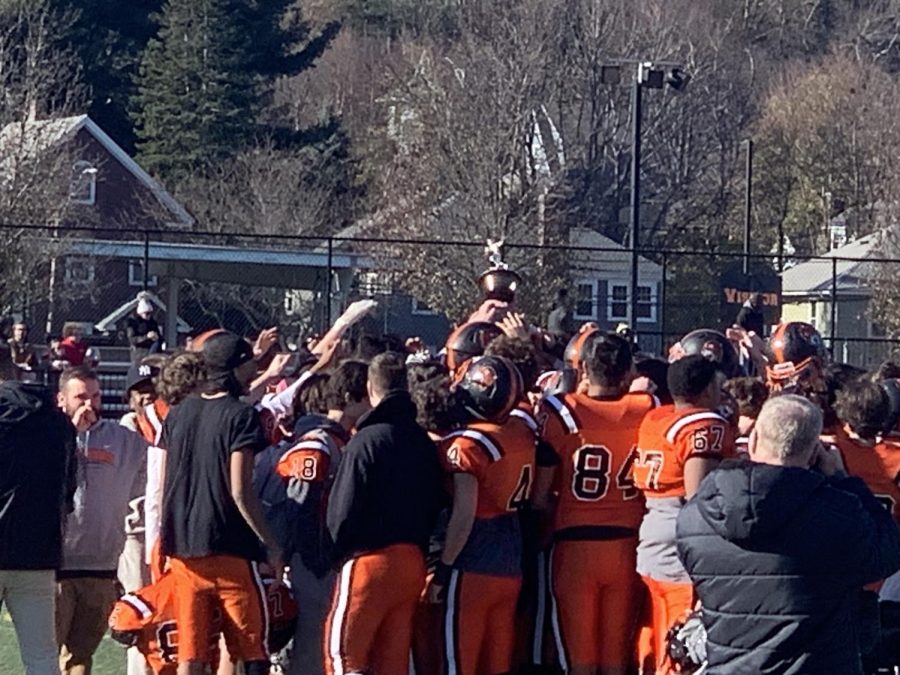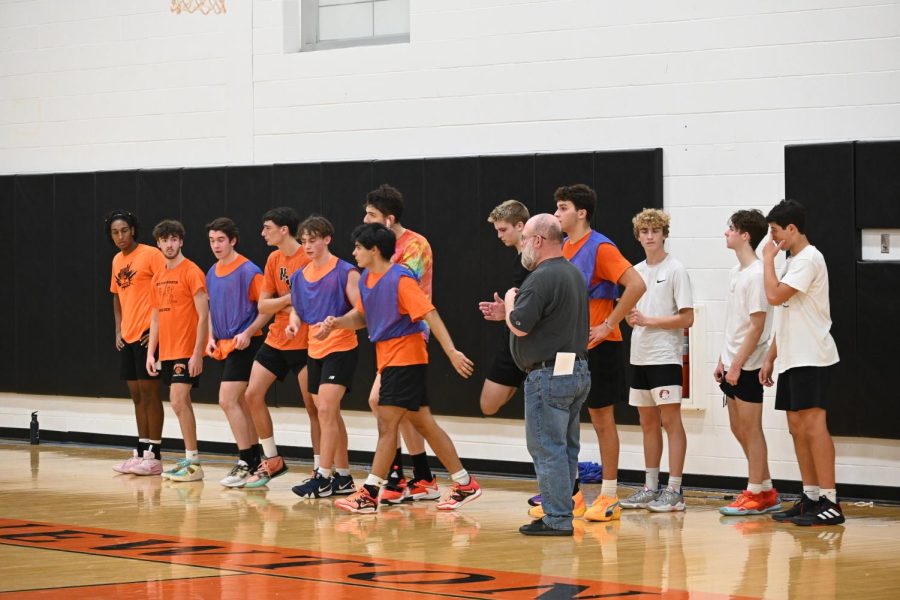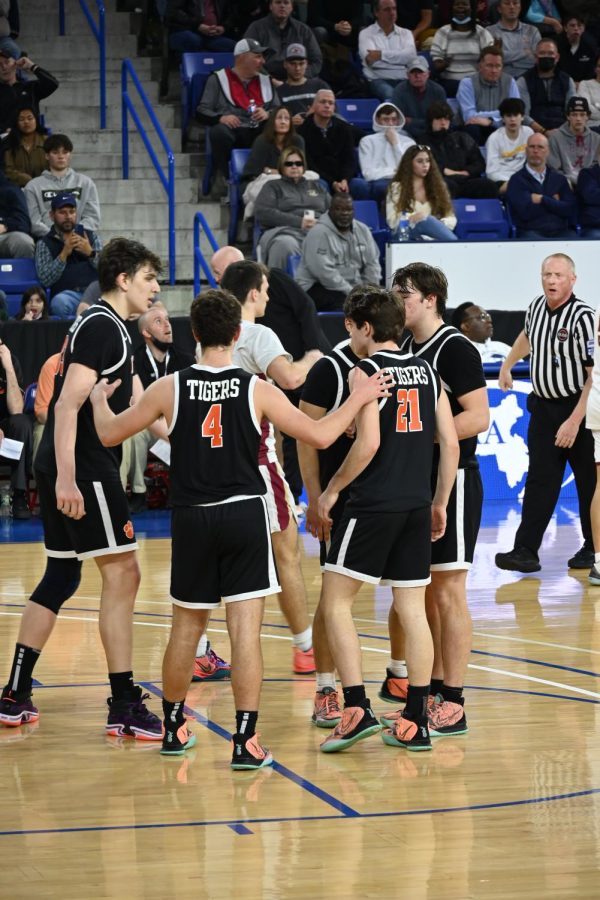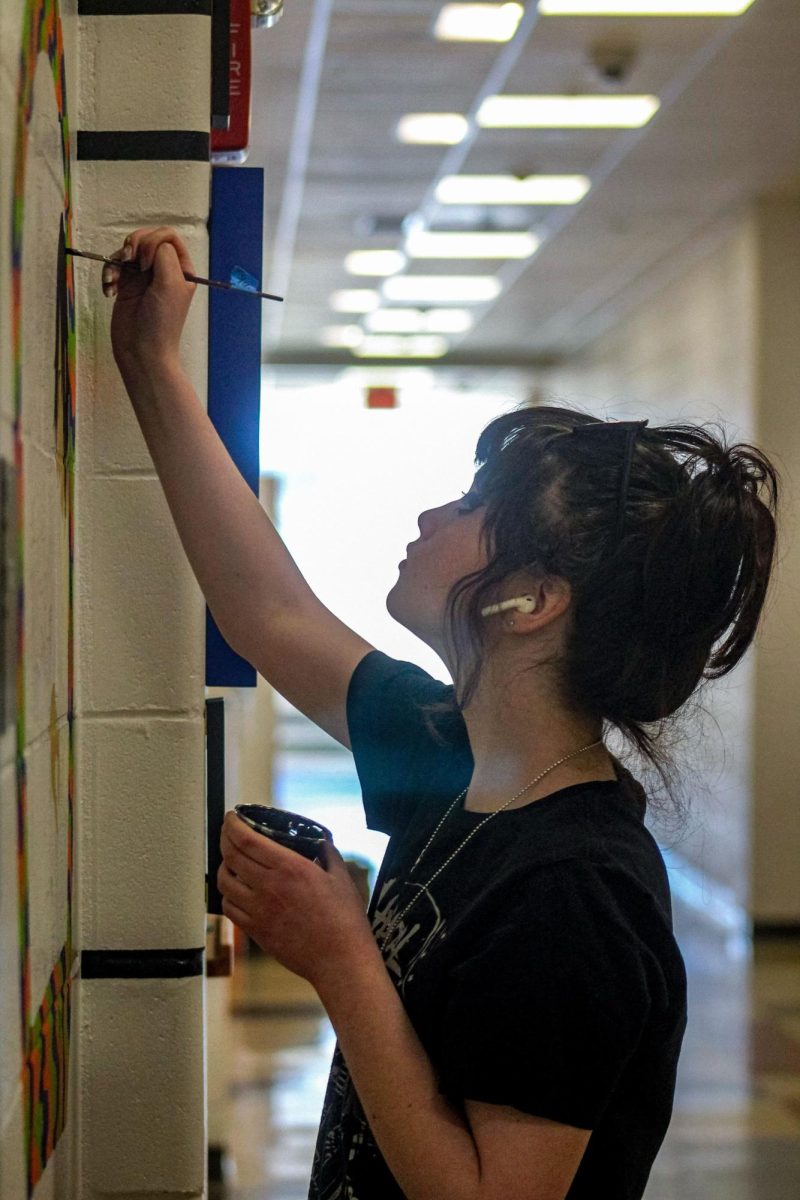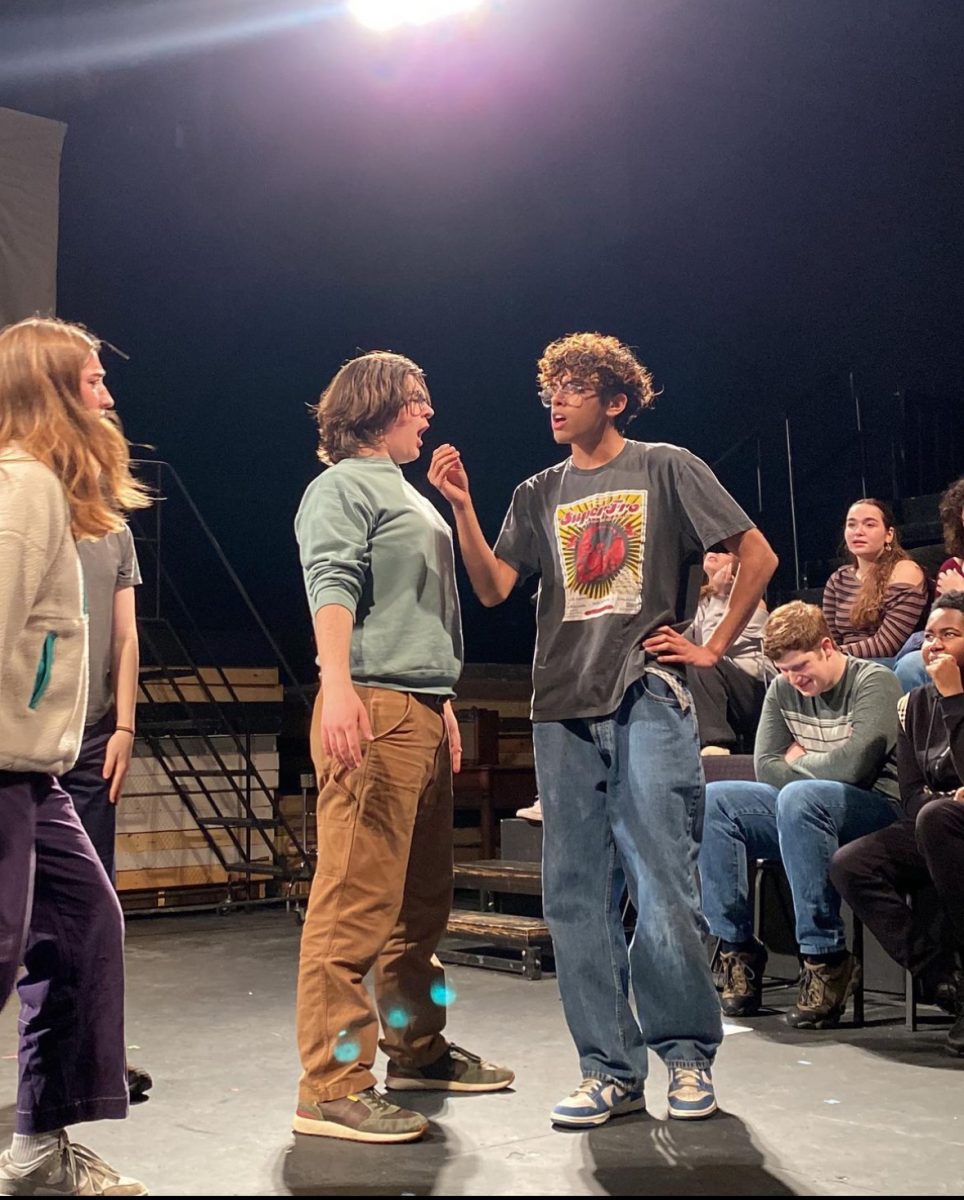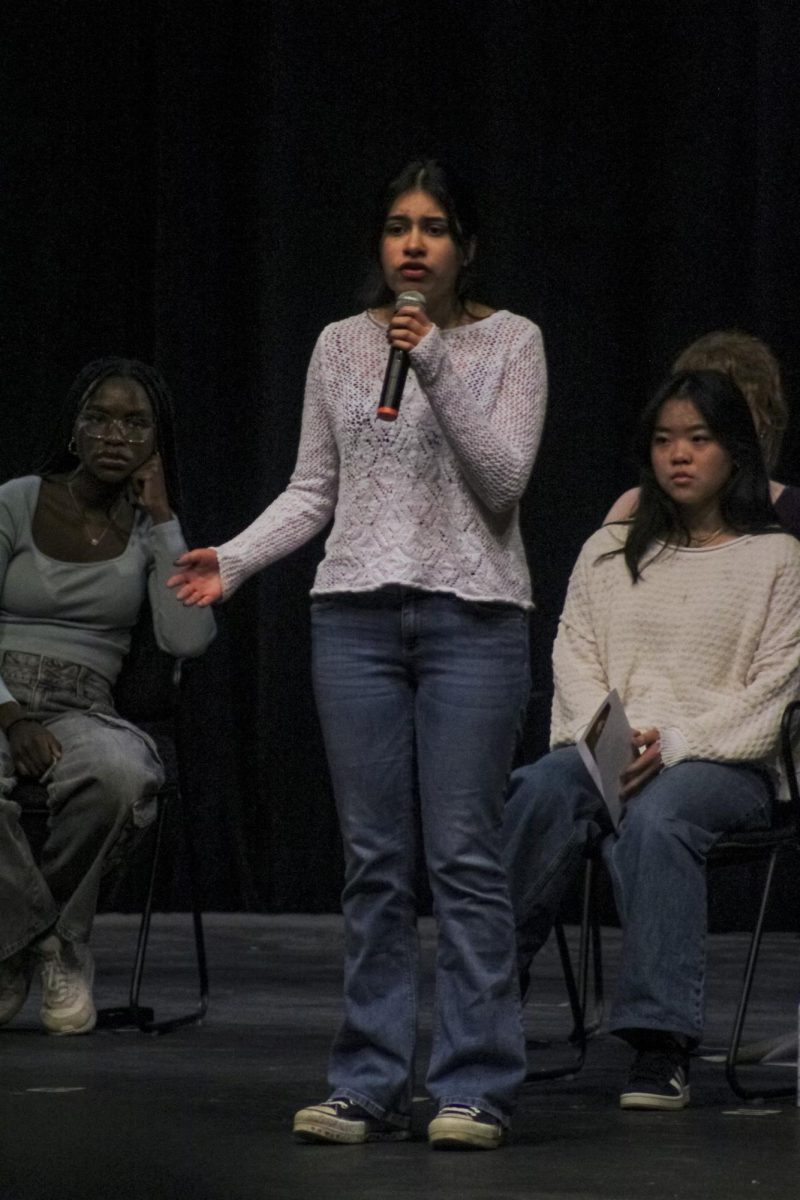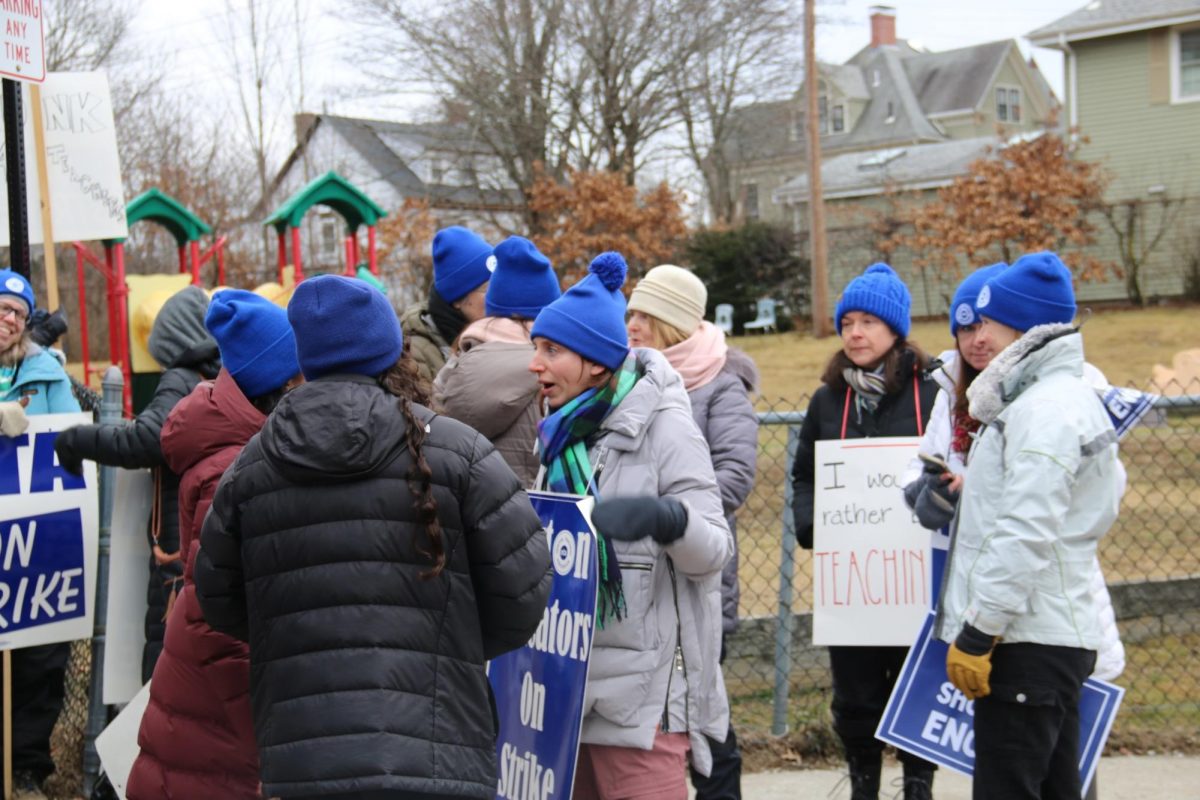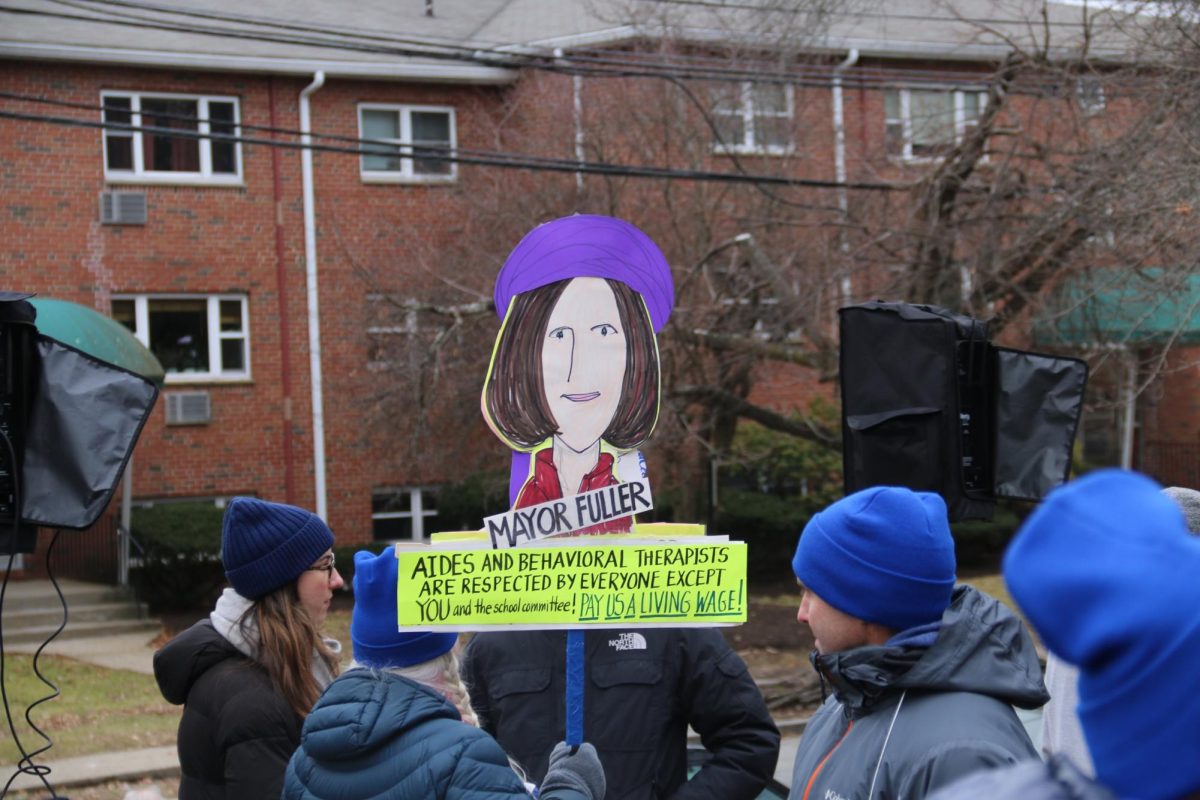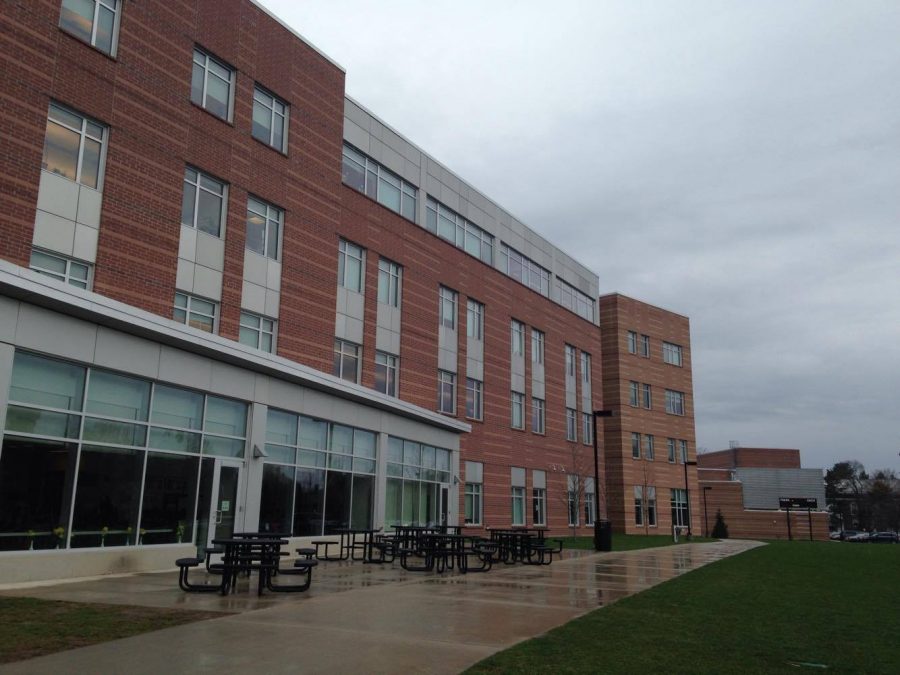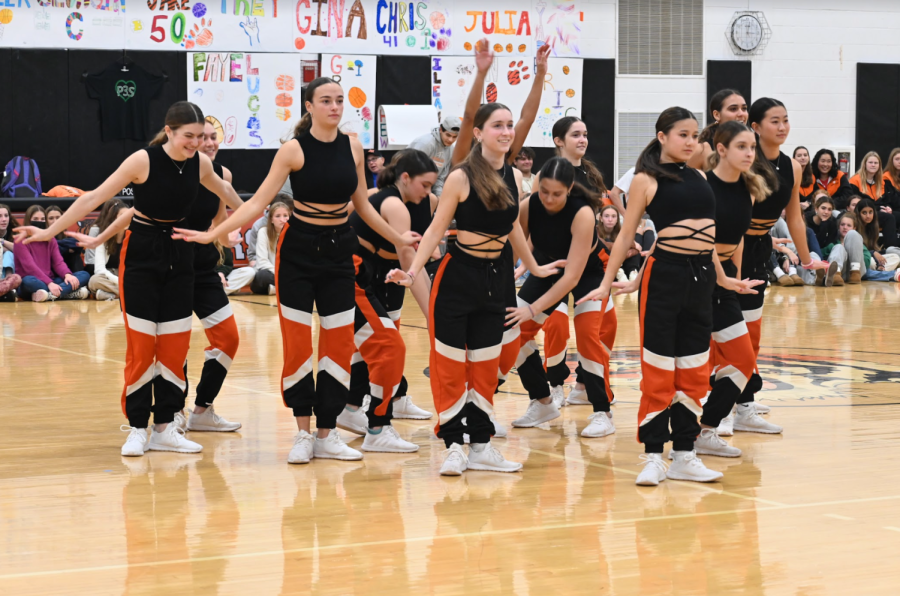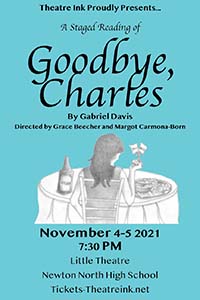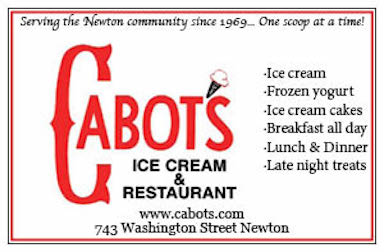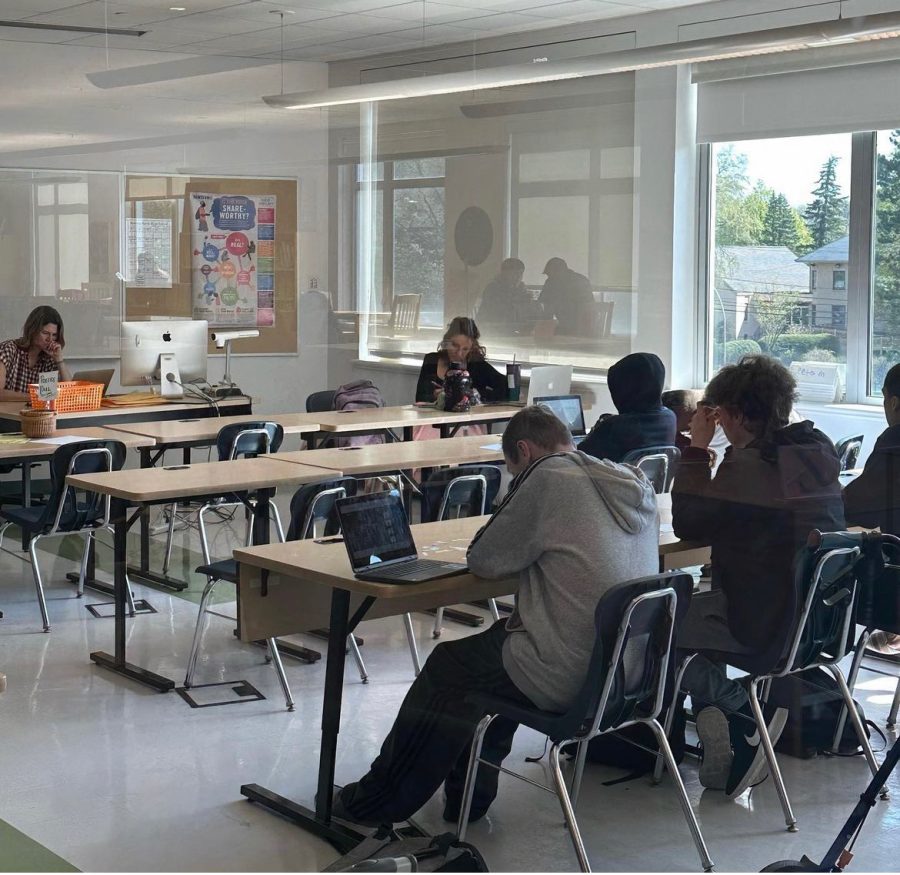 [/media-credit]
[/media-credit]
- Students can take U.S. History I over the summer instead of during the school year.
by Jacob Schwartz
Every year, rising juniors have the option to take U.S. History I in summer school, replacing the year-long course. However, it is not for everyone, according to some teachers and students.
Counselor Matthew Ford said he has advised students on whether Summer History was right for them, and he can provide a perspective on how the course is viewed by colleges.
Students have, according to Ford, taken the course in order to make room for other junior year opportunities. “For taking the course to be a good idea, it depends what they are making room for,” Ford said.
“If they are challenging themselves with curriculum levels and are planning to maybe move from curriculum I to honors in other courses, it is certainly not looked down upon by colleges to take it.” Ford said he usually deters students from taking the course if their sole purpose is to have more free blocks in their junior year.
Students who take Summer History tend to lack the same experience of writing and researching for the Junior Thesis compared to students who complete the year-long course, according to Ford.
“I never had to do a research paper in high school, and I was not prepared for when we had to do them in college,” he said.
“I probably would have hated the Junior Thesis if I had to do it in high school, but it is a really valuable resource to have. Colleges didn’t teach you how to write a research paper, they just expected you to be able to do it.
“I don’t know if they do now, but Summer History still doesn’t give you the same walk-through of the thesis as the year-long course,” Ford said.
Sophomore Aneesh Anand said he decided not to take the course this summer because having a shorter time to write his junior thesis concerned him.
“I don’t want to write a rushed thesis,” he said. “Also, the class must be rushed, and students probably don’t learn as much.”
On the other hand, sophomore David Demarest, who signed up for the course this summer, pointed out that participants are only in the class for four hours a day, and then you have the rest of the day to work on their theses.
School during the year is seven hours long, then most students have after school activities, and then do their junior thesis on top of all their other homework.
Senior Jocie Sobieraj said she remembers feeling relieved from stress by taking Summer History before her junior year.
“I took it because I didn’t want to deal with my thesis during the school year, and it was a nice way to get it out of the way.”
According to Sobieraj, the class was not as difficult as she expected. “It was definitely easier than what my friends took during the year. There was less depth and we watched a lot more movies,” Sobieraj said.
Interested students should be informed that the grade for Summer History is not averaged into one’s GPA, which can be considered a pro or a con, depending on the student.
For Demarest, the GPA factor is a pro. “It’s definitely a good thing for me that the class isn’t included in my GPA, because history has never been my strongest class,” he said.
History teacher Duncan Wood, who teaches the summer course, cautions students for whom history is not their strong suit not to take the course. Wood said students who “have a hard time with history are better off studying it during the year, because it’s less rushed.
“Summer school is designed for kids who are motivated and can work and write their thesis without as much support as they might get during the school year.”
Junior Matt Moss-Hawkins decided not to participate in the summer course because, “I felt like I wouldn’t learn all the material I needed to,” he said.
Unlike Wood, Moss-Hawkins said he believes students should take the class “if they don’t like history and want to open up their schedule for other classes. It’s also a great way to get the thesis out of the way.”
Junior Genevieve Resnick participated in Summer History because she “wanted to double in science. I wanted to take oceanography and biology, but I knew they would be a lot of work, so I wanted to get my thesis out of the way for the year,” she said.
In one day of summer school, according to Resnick, students complete as much as a week’s worth of material.
History teacher Isong Ibokette, who has taught all the curriculum levels of U.S. History, subbed in to teach in the summer course for a week, where he learned how the course operates. “My personal opinion, based on this experience that I had, is that there is no legitimate scholarly reason for a student to take the course,” Ibokette said.
“It amounts to information overload, because it is four hours a day, five days a week and for only six weeks. Even if a student has a good grasp of the content, all the other skills that are taught during the year are significantly compromised.”
According to Ibokette, these skills that are lost include learning to write a strong junior thesis.
Ibokette also emphasized that Summer History “is certainly inappropriate for students who take tenth grade Modern World History at the Curriculum II level.”
Senior Edan Laniado did not take Summer History, but said he believes the course should be an option for students. “Students choose to be in the course, meaning they want to be there and will try hard.”
When reached, history department head Jonathan Bassett declined to comment.







